Introduction to Wisdom Teeth
Wisdom teeth, also known as third molars, are typically the last set of molars to emerge in the human mouth, usually during late adolescence or early adulthood, around the ages of 17 to 25. Their primary purpose is to assist in the process of chewing and grinding food, much like other molars. However, due to evolutionary changes in the human diet and jaw size, many individuals today find themselves with inadequate space in their mouths to accommodate these additional teeth. As a result, wisdom teeth often become a source of dental complications.
One of the most common issues associated with wisdom teeth is impaction. This occurs when the teeth do not fully emerge from the gums, possibly becoming trapped against adjacent teeth or the jawbone. Impacted wisdom teeth can lead to a range of problems, including pain, swelling, and infection. Inflammation of the gums surrounding an impacted tooth—commonly referred to as pericoronitis—can also occur, exacerbating discomfort and requiring prompt dental attention.
Another significant issue related to wisdom teeth is overcrowding. As these molars attempt to erupt, they may push against neighboring teeth, leading to misalignment. This crowding can disrupt the established arrangement of the dental arch and may hinder the effectiveness of previous orthodontic treatments. Moreover, the restricted space may complicate cleaning and maintenance of oral hygiene, increasing the risk of cavities and gum disease.
Given these complications, it is crucial for individuals experiencing discomfort or unusual changes in their oral health to consult a dental professional. Understanding the implications of wisdom teeth and recognizing when surgery may be necessary can help mitigate potential health risks and ensure overall dental well-being.
Signs and Symptoms of Impacted Wisdom Teeth
Wisdom teeth, also known as third molars, typically emerge in late adolescence or early adulthood. However, they often face complications due to lack of space in the jaw, leading to impaction. Identifying the signs and symptoms of impacted wisdom teeth is crucial for timely intervention. One of the most common indicators is pain, which may manifest as a dull ache in the back of the mouth or sharp, intense discomfort. This pain can radiate to surrounding areas, such as the jaw or even the ear, significantly affecting daily activities.
Swelling at the back of the mouth is another prevalent symptom. This may occur in the gums surrounding the affected wisdom tooth and can sometimes extend to the cheeks. In conjunction with swelling, individuals may experience gum inflammation, characterized by redness or tenderness. It’s essential to be aware of these signs, as they can signify that the wisdom teeth are not emerging properly and are causing pressure on adjacent teeth.
In addition to pain and swelling, infection is a serious concern associated with impacted wisdom teeth. When the teeth become partially erupted, they create an opening for bacteria to enter, leading to infections. Symptoms of infection may include persistent bad breath, an unpleasant taste in the mouth, and fever. If these symptoms are present, it is advisable to consult a dentist promptly, as untreated infections can lead to more severe health issues.
Other orthodontic concerns may also arise from impacted wisdom teeth, such as crowding or shifting of adjacent teeth. This can complicate existing orthodontic work or lead to misalignment of the teeth. Monitoring your oral health and remaining aware of these signs can prompt a conversation with a dental professional, who can assess the situation and recommend appropriate action.
When is Surgery Necessary?
Wisdom teeth, or third molars, typically emerge between the ages of 17 and 25. While some individuals experience no issues with their wisdom teeth, others may require surgical intervention. Understanding the circumstances necessitating wisdom teeth removal is crucial for maintaining oral health.
One primary reason for extraction is severe pain. When wisdom teeth begin to erupt, they may cause discomfort or throbbing pain due to inadequate space in the mouth. This situation can lead to pressure on adjacent teeth, resulting in chronic discomfort that may require surgical extraction for relief. Consulting a dental professional can help diagnose the issue and determine the most effective course of action.
Another critical factor is the occurrence of recurring infections. Wisdom teeth can become partially erupted, creating pockets where food particles and bacteria accumulate. These pockets can lead to pericoronitis, a painful condition characterized by inflammation and infection of the gum tissue surrounding the tooth. Frequent episodes of infection may indicate that wisdom teeth removal is necessary to prevent further complications.
Additionally, misalignment of adjacent teeth is a common reason for extraction. As wisdom teeth grow, they can exert pressure on neighboring molars, causing crowding and misalignment. This situation can complicate dental hygiene practices and increase the risk of cavities and periodontal disease. Orthodontic assessments can reflect whether extraction is recommended to maintain dental alignment and oral health.
In summary, wisdom teeth removal surgery is indicated in cases of severe pain, frequent infections, or concerns related to misalignment. Regular dental check-ups are essential for monitoring the development of wisdom teeth, allowing for timely intervention when necessary.
Understanding the Surgical Procedure
Wisdom teeth removal is a surgical procedure aimed at extracting one or more third molars, commonly known as wisdom teeth, particularly when they become impacted. Impacted wisdom teeth can lead to a host of issues including pain, infection, and damage to adjacent teeth. The surgery typically involves several key steps that help ensure the procedure is both safe and effective.
Initially, the dentist or oral surgeon evaluates the patient using X-rays to ascertain the position of the wisdom teeth and to plan the surgery. Patients are usually administered anesthesia to minimize discomfort. There are different types of anesthesia that may be used during the procedure: local anesthesia, sedation anesthesia, or general anesthesia. Local anesthesia numbs the area around the teeth, while sedation causes the patient to feel relaxed and less aware of the procedure. In cases of extensive surgery, general anesthesia may be employed, allowing the patient to be completely unconscious throughout the operation.
Once the anesthesia takes effect, the surgeon makes an incision in the gum tissue to expose the wisdom teeth. If the teeth are impacted within the bone, the surgeon may need to remove a portion of the bone surrounding the tooth. Subsequently, the tooth is extracted, and the surgical site is cleaned. In some cases, the tooth may be divided into smaller pieces to facilitate the removal process. Afterward, the surgeon carefully stitches the incision, if necessary, to promote healing.
The entire procedure usually takes about 45 minutes to an hour, depending on the complexity of the case and the number of teeth being extracted. Post-operative care is critical for recovery and involves managing pain and swelling, along with any prescribed medications. Overall, understanding the surgical procedure can alleviate much of the anxiety associated with wisdom teeth removal, enabling patients to better prepare for and manage the experience.
Post-Surgery Care and Recovery
Following the removal of wisdom teeth, proper care and attention are crucial to ensure a smooth recovery and minimize any potential complications. Pain management is often the first priority after surgery. Over-the-counter pain relievers such as ibuprofen or acetaminophen may be recommended by the dentist to alleviate discomfort. Prescription medications may also be provided in more complex cases. It is important for patients to follow dosage instructions carefully and to report any severe or persistent pain to their healthcare provider.
Dietary recommendations play a significant role in the recovery process. Initially, it is advisable to stick to soft foods and liquids that require minimal chewing. Options such as yogurt, smoothies, applesauce, and mashed potatoes are ideal. Gradually, patients can reintroduce more solid foods as healing progresses. However, it is crucial to avoid hard or crunchy foods, as well as hot, spicy dishes that may irritate the surgical sites. Staying hydrated is essential, yet patients should refrain from using straws, as suction can dislodge the blood clot that forms in the extraction site, leading to complications such as dry socket.
Activity restrictions are another key aspect of post-surgery care. Patients are typically advised to take it easy for the first few days following the procedure. Strenuous activities, including exercise or heavy lifting, should be avoided for at least a week or until cleared by the dentist. This rest period helps reduce swelling and lowers the risk of bleeding at the surgical site.
Lastly, it is important for patients to monitor their recovery for any signs of complications. Red flags include excessive bleeding, worsening swelling, severe pain that does not improve, or signs of infection, such as fever. If any of these symptoms occur, patients should promptly contact their dentist to assess the situation and determine if further treatment is necessary.
Potential Risks and Complications
Wisdom teeth removal, while often a routine procedure, does carry certain risks and potential complications that patients should be aware of prior to undergoing surgery. Among these concerns, dry socket is one of the most common complications. This condition occurs when the blood clot that forms in the socket after tooth extraction either dissolves or becomes dislodged. The result is a painful exposure of the bone and nerves beneath, leading to significant discomfort and delayed healing. To mitigate the risk of dry socket, patients are advised to follow post-operative care instructions strictly, including avoiding sucking motions, such as through straws, and refraining from smoking.
Another potential risk associated with wisdom teeth removal is nerve damage. The lower wisdom teeth are located near the inferior alveolar nerve, which provides sensation to the lower lip and chin. Though rare, if this nerve is inadvertently injured during extraction, it can lead to numbness, tingling, or a temporary loss of sensation in the affected area. Such complications can be distressing, and while most cases resolve themselves over time, there are instances where the nerve damage may be permanent. When consulting with a dental professional, ensure a thorough examination is conducted to minimize this risk by evaluating the position of the teeth relative to the nerves.
Infection is another serious complication that can arise following wisdom teeth extraction. Bacteria can enter the surgical site, leading to swelling, pain, and fever. Symptoms of infection typically manifest within a few days post-surgery. To diminish the risk, it is essential to adhere to prescribed antibiotics and maintain proper oral hygiene practices after the surgery. By being informed about these potential risks and following guidelines provided by your dentist or oral surgeon, patients can significantly reduce the likelihood of complications, ensuring a smoother recovery process.
Benefits of Removing Impacted Wisdom Teeth
The removal of impacted wisdom teeth can significantly improve oral health and prevent various dental issues. Impacted wisdom teeth, which fail to emerge properly, can create a host of problems. These include misalignment of adjacent teeth, increased risk of tooth decay, and gum disease due to the difficulty in maintaining proper oral hygiene in the impacted area. By opting for the surgical removal of these teeth, patients can enhance their oral health, ensuring a cleaner, healthier mouth.
One of the most immediate benefits of undergoing wisdom teeth removal is the alleviation of pain and discomfort. Many individuals with impacted wisdom teeth experience ongoing pain that can make everyday activities like eating and speaking challenging. By addressing the issue surgically, patients can eliminate the source of discomfort, leading to enhanced daily living. Additionally, removing these teeth can prevent the potential development of cysts or tumors, which, while rare, can arise from impacted teeth and complicate one’s dental health further.
Moreover, removing wisdom teeth can have lasting benefits that extend beyond immediate relief. With the extraction, individuals often enjoy improved alignment of their remaining teeth, thereby enhancing their smile and overall dental aesthetics. This adjustment can significantly bolster self-confidence, especially among young adults who may be conscious of their appearance. Choosing to undergo wisdom teeth surgery not only promotes better oral health in the long run but also contributes towards an improved quality of life. As such, for those contemplating surgery, it is worth considering the multitude of benefits that come with removing impacted wisdom teeth.
Choosing the Right Clinic for Wisdom Teeth Removal
When it comes to wisdom teeth removal, selecting a reputable dental clinic is a crucial step in ensuring a successful surgical experience. Several factors should be considered when evaluating potential clinics, starting with the credentials of the dental professionals involved. Look for clinics that employ qualified oral surgeons or dentists who are board-certified and have specialized training in oral surgery. Their qualifications often indicate a higher level of expertise and experience in performing wisdom teeth extractions, which can significantly impact the outcome.
Experience plays a pivotal role in the quality of care a clinic provides. Seek out clinics that have a demonstrated history of performing wisdom teeth removals. A dentist’s or surgeon’s familiarity with the complexities of the procedure can lead to fewer complications and a smoother recovery process. Furthermore, understanding patient reviews can offer valuable insights into others’ experiences. Online reviews and testimonials can give prospective patients a sense of the clinic’s reputation, the comfort of the environment, and the professionalism of the staff. Take the time to explore various platforms to gather comprehensive feedback.
Additionally, the technology used by the clinic can greatly influence the efficiency and safety of the procedure. Clinics equipped with the latest dental technology, such as digital imaging and sedation options, can provide enhanced precision and comfort during wisdom teeth removal. Inquire about the tools and techniques employed at the clinic, as this information can help ensure a more favorable surgical experience. Ultimately, by carefully considering credentials, experience, patient feedback, and the technology available, individuals can make an informed decision when choosing a clinic for wisdom teeth removal. This approach can contribute to a smoother process, reducing anxiety and increasing the likelihood of a successful outcome.
Frequently Asked Questions
Wisdom teeth removal is a common procedure that raises several questions among patients considering the surgery. One of the foremost inquiries pertains to the best clinics to undergo this treatment, especially for individuals thinking about traveling for dental care in Turkey. Renowned for its advanced dental practices and experienced professionals, Turkey has become a preferred destination for many seeking wisdom teeth extraction. Notable clinics include Dr. Abdulrahman Öztürk Clinic, which offers personalized care and state-of-the-art technology, Dent Plus Clinic, known for its comprehensive dental services and patient-friendly environment, and Taksim Clinic, which combines modern techniques with affordability.
Another concern faced by patients is the recovery time associated with wisdom teeth removal. Generally, patients can expect a recovery period of about three to seven days. During this time, it is crucial to follow post-operative care instructions provided by the dental surgeon, such as maintaining oral hygiene and managing pain with prescribed medications. Some patients may experience swelling and discomfort, but these symptoms usually subside within a few days.
Cost is another significant factor influencing the decision to proceed with wisdom teeth removal. The expense can vary based on the complexity of the extraction, the number of teeth being removed, and the chosen clinic. In Turkey, prices are often more competitive compared to other regions, making it an attractive option for international patients. It is advisable to consult with multiple clinics to obtain detailed quotes and understand what is included in the pricing.
Lastly, many individuals wonder about the implications of having multiple extractions done at once. While it is possible to remove several wisdom teeth during a single surgery, discussing individual circumstances with a dental professional will ensure an informed decision that prioritizes safety and effectiveness.

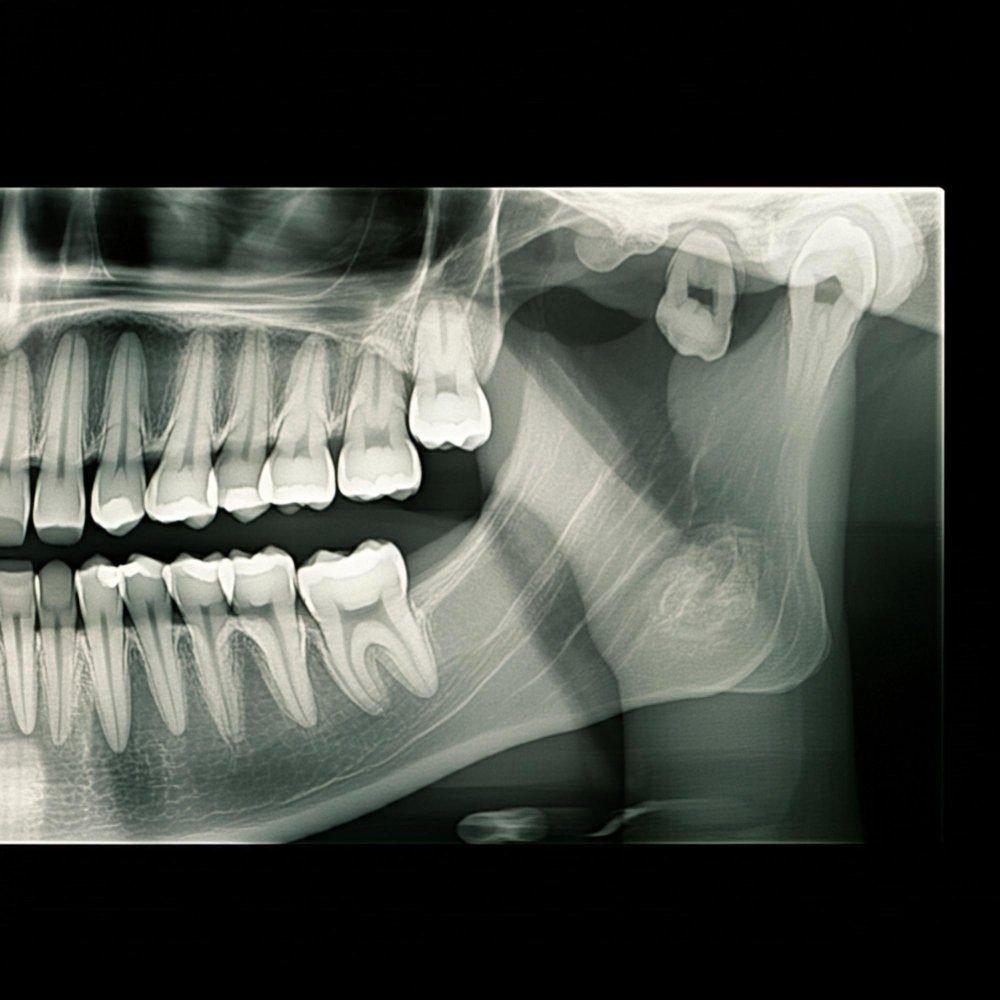
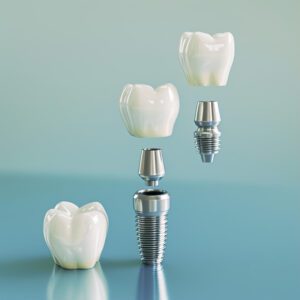
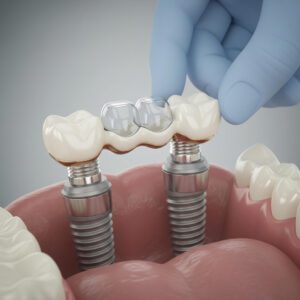

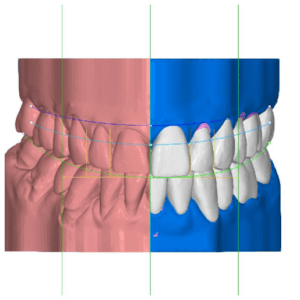
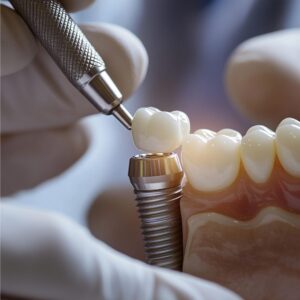
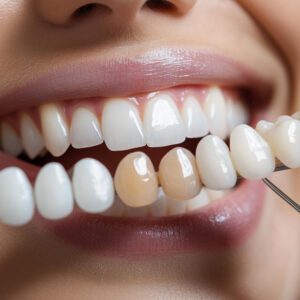


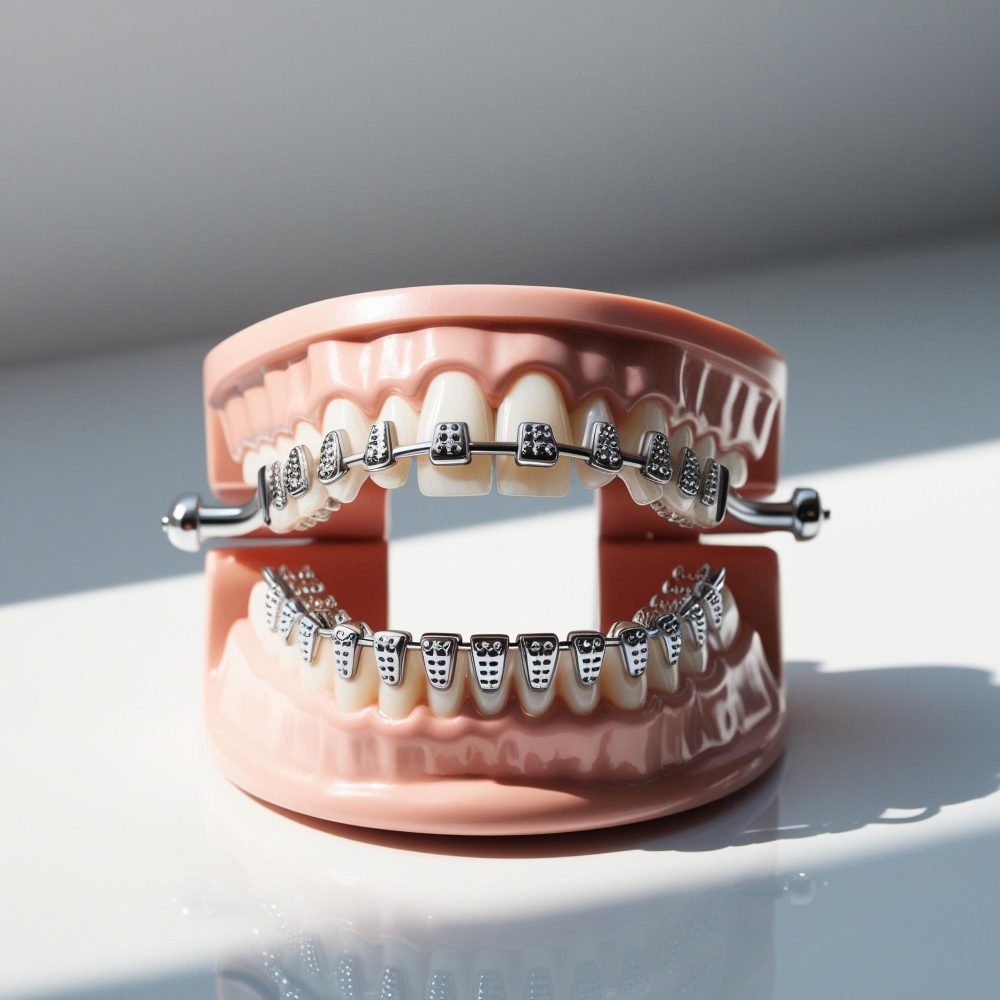
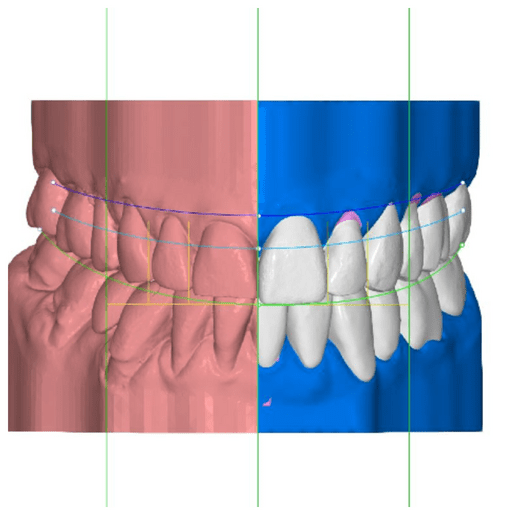

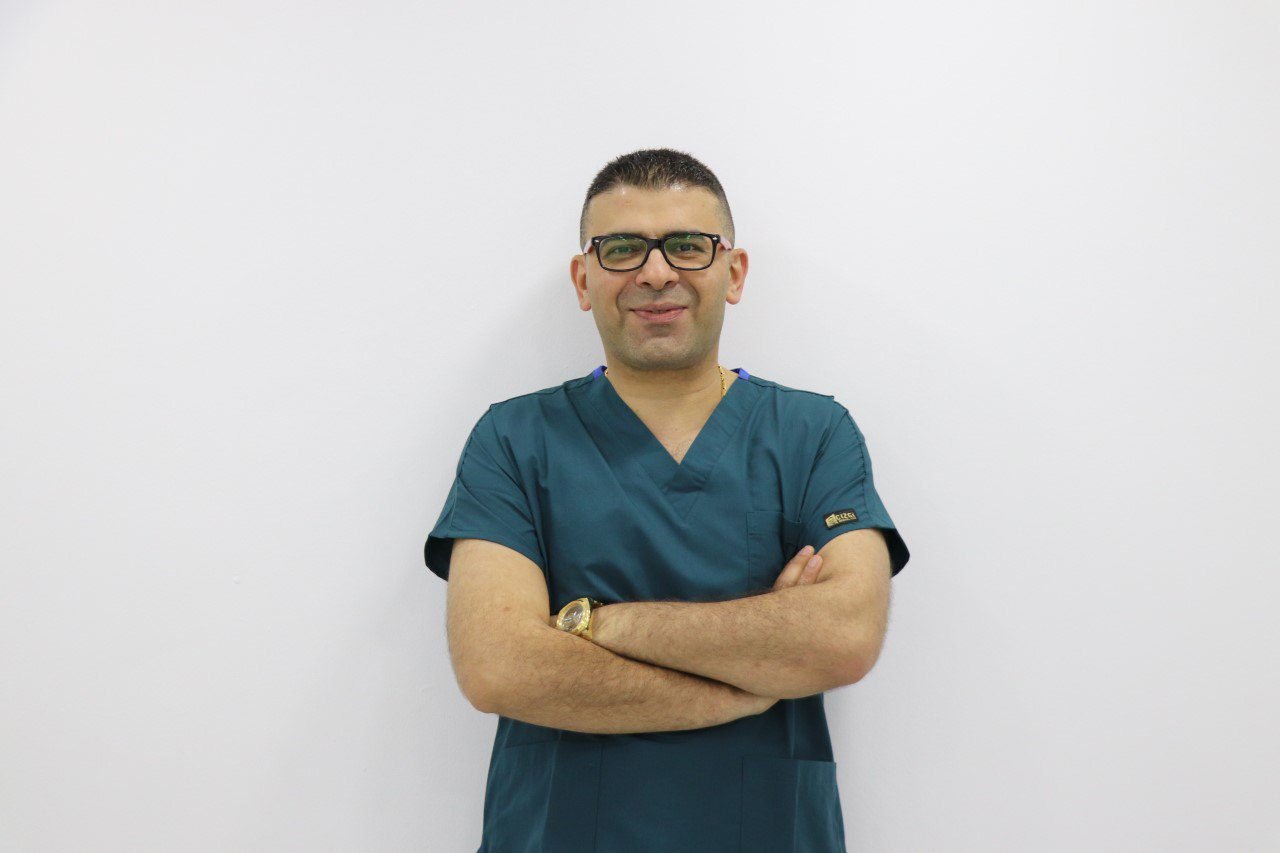
One Response